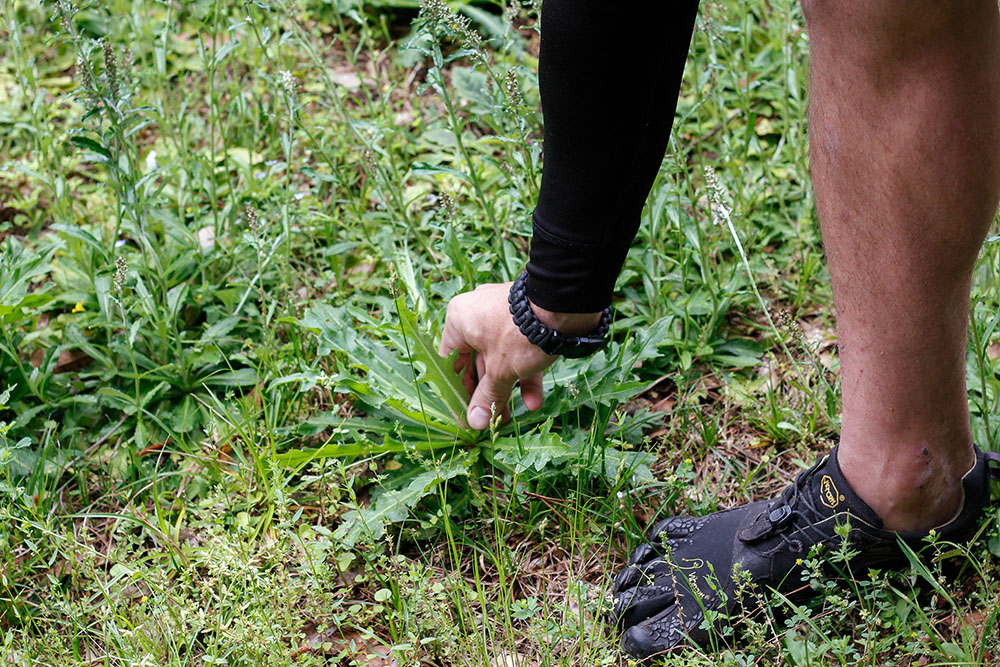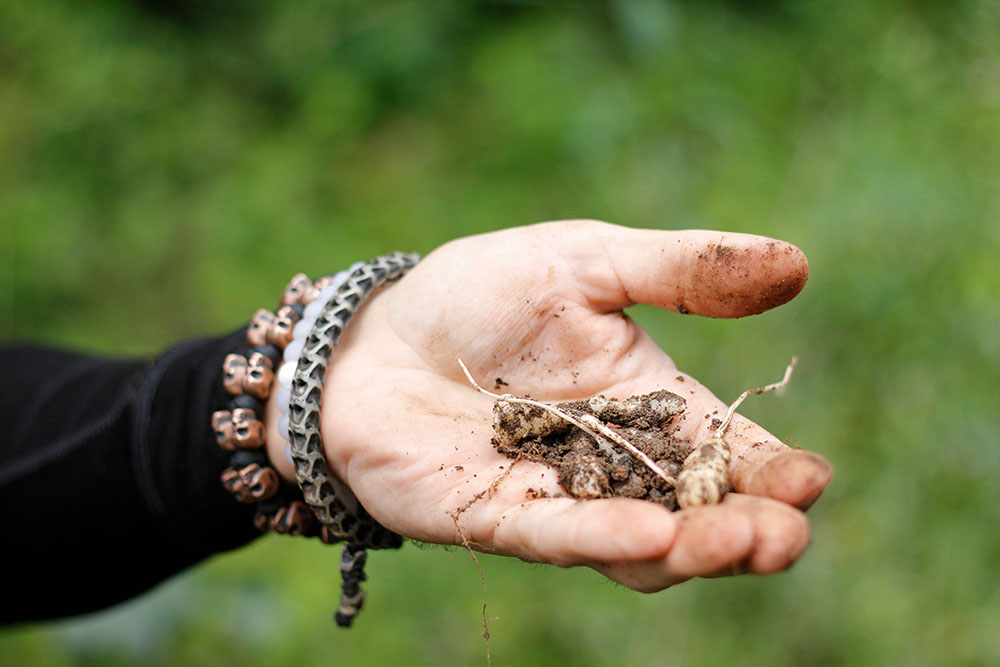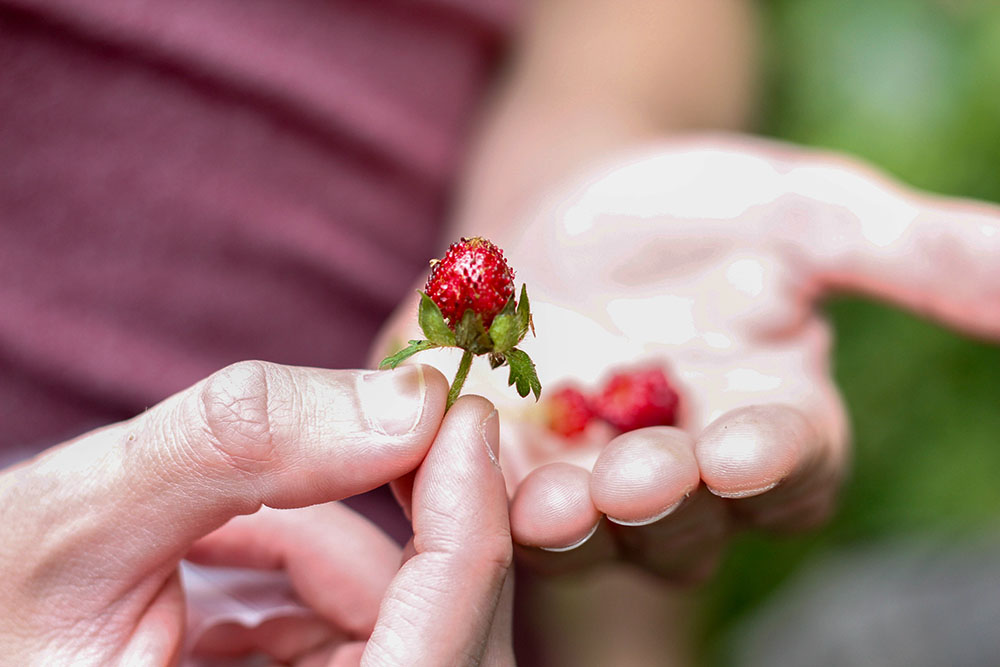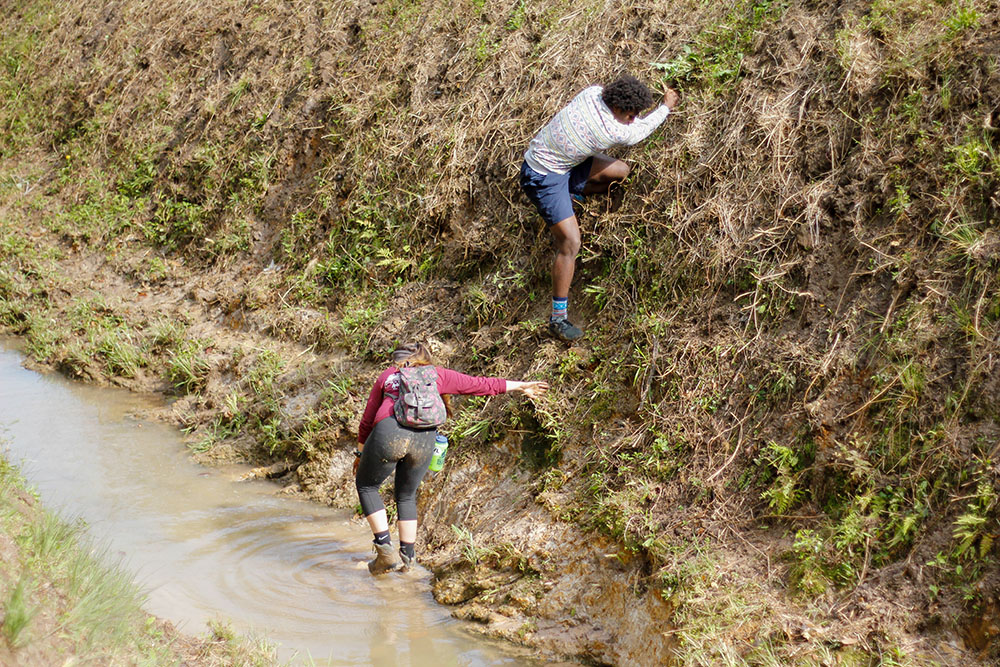Foraging, also know as wildcrafting, is a skill that’s been around for centuries. You might not guess it, but there are plenty of delicious plants that aren’t carried at your grocery store. Expert wildcrafters like the owner of Noma in Copenhagen have been able to turn what seems like nothing more than weeds into delicious plant-based dishes that are fresh and locally sourced.
By learning about the yummy foods that grow naturally in your backyard you can challenge yourself to make creative dishes, too. So many of the plants that aren’t carried at the supermarket have their own unique flavors and nutritional benefits that can’t be found in commercial fruits and vegetables. If you’re looking for a way to add a creative twist to your cooking, here are a few reasons why you should consider foraging.

Photo by Haley Greco
1. It’s Free
Imagine a world where you can go grocery shopping and spend no money. After learning the basics of wildcrafting and getting to know your local plants, you’ll be able to find fruits and vegetables anywhere you go.

Photo by Haley Greco
2. The Food is Always Fresh and Seasonal
If you supplement your usual diet with plants from your area like wild blackberries or India strawberries, you’ll always have fresh plant-based meals available. Eating local also drastically reduces the food miles of your fruits and veggies, which helps the environment too.

Photo by Haley Greco
3. It’s Healthy
You can’t go wrong with eating naturally grown food that is native to your area. Just make sure you know what you’re eating and you keep away from herbicidal plants.

Photo by Haley Greco
4. You’ll Get Involved in Your City
Going out to forage for edible plants gives you the chance to connect with your surrounding environment. As a bonus, by being able to identify plants and understand the environments they grow in, you’ll learn a lot more about the ecology of your city than you thought.

Photo by Haley Greco
5. It Makes a Fun Challenge
Attempting to find these edible gems is a challenge in itself, but learning how to cook them and make them taste good can be a whole other obstacle. Luckily there are plenty of resources online for recipes like pickled magnolia petals and yaupon holly tea.

Photo by Haley Greco
6. You Never Know What You’re Going to Find
When you go out to forage for food you never know what will be waiting for you. Many plants only grow in certain environments or during specific seasons, so you can find a variation of options throughout the year. Take advantage of it by experimenting with your options and pairing them with your favorite foods.


